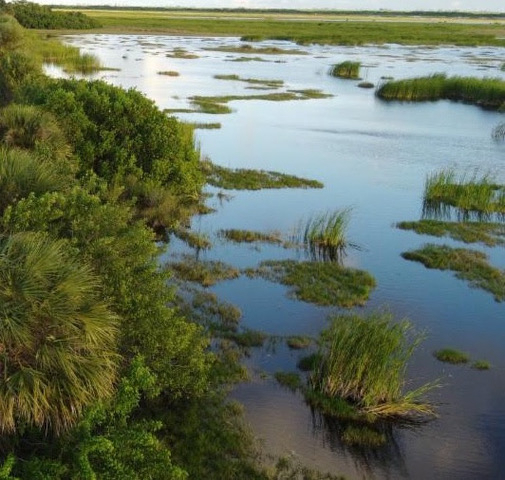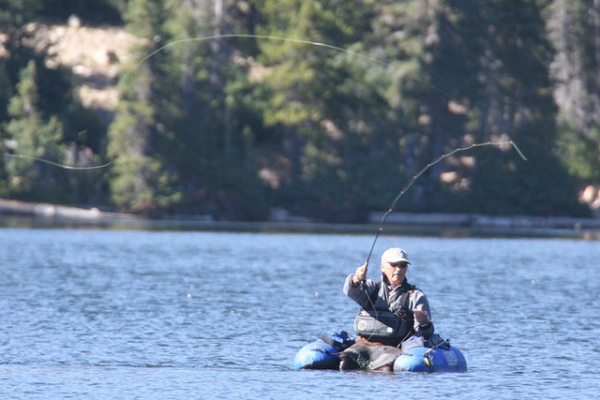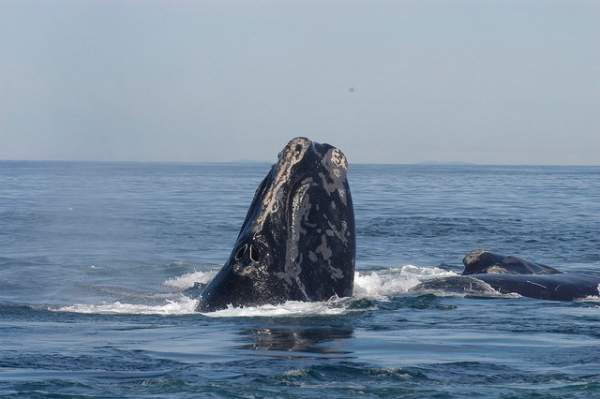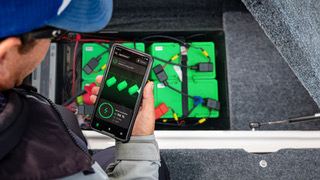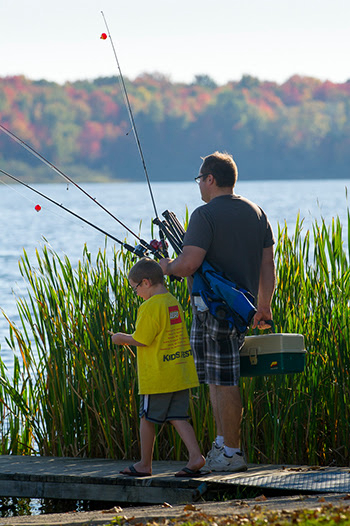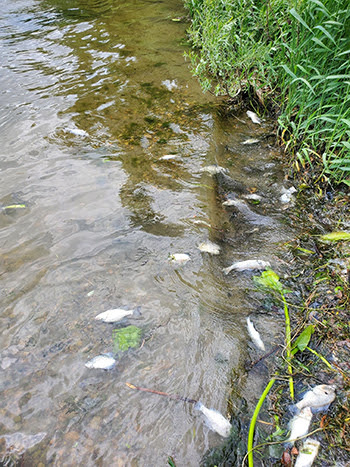By Glen Wunderlich
Charter Member Professional Outdoor Media Association (POMA)
When my pal, Doug, offered to take me fishing in his motorboat, I figured it would be a welcome change in tactics from my tiny self-propelled jon boat. It’s not that my diminutive one-person craft hasn’t put me on some good fish this spring, but there is a fair amount of time and labor involved to work one’s path anywhere – especially when wind and water current are opposed to one’s navigational course. Ah, but that’s part of the challenging and rewarding aspect of being the captain, as we all experience during lives’ journeys.
Swivel seats, a 25-horsepower Mercury outboard plus a most ingenious Minnkota trolling motor that can hold a stable position by receiving signals from the sky. That’s right! No anchor required. The 16-foot Lund craft has plenty of room for two and is stable enough to be able to stand, if desired. Who wouldn’t trade a fishing workout for a relaxing day on the water?
We were loaded and off to the Looking Glass River’s public access at Babcock’s Landing a few miles west of Laingsburg. The concrete loading ramp has no docking facilities, so I held a long rope tethered to the boat as it slipped gently into the river off the trailer.
The present lack of rain means low water and plenty of weeds that thrive with added light. Typically, the river allows a tightly restricted avenue through the center, where weeds can be avoided.
However, one thing was clear and it wasn’t the water. We started out using the trolling motor, but weeds wrapped themselves around the propeller’s shaft and made it useless. The weeds were so prevalent there was simply no way to dodge them, so Doug prodded those 25 ponies to get us through. And, we were through shortly enough, when Doug barked out, “We’re stuck!” We didn’t hit bottom, but the low point in our adventure was upon us.
Weeds snarled themselves onto the gasoline motor’s propeller shaft but Doug had an ace up his sleeve: a 3-foot paddle stashed aboard. As he did his level best to maneuver the motor, my joy ride morphed into a workout unparalleled to that in my jon boat. In fact, the exercise was one of total futility, as we went nowhere fast under my powerless paddling.
From the bow with one paddle to manipulate the boat in reverse was a tall order. Back and forth across the bow, I shifted positions in an attempt to free us, but all I could manage was to work up a good sweat.
Doug continued to push the motor to cooperate and we finally broke free not far from our launch site. We fished for a while in the only open water only a few hundred yards from the starting point. Nothing. With our tails between our legs, we headed back with a weed-compromised electric trolling motor.
Getting the boat onto the trailer would be a challenge we hadn’t anticipated. Without a dock, the boat could not be tied off, so we drifted to shore, where Doug hopped off to retrieve the truck and trailer. My job was to attempt to hold the boat in position with a long rope, while Doug backed up, but the current was in control and I soon realized the rope was too short; the boat needed to be farther from the shore in deeper water.
Captain Doug jumped to the rescue, as he hastily entered the waist-high water to push the boat forward onto the submerged trailer.
Now that he was soaked, we had only one more disturbing event remaining on our adventure. When Doug finally began pulling the boat out, it had to be done with significant force, and in so doing, the trolling motor that was protruding from the bow bounced and poked through his taillight lens. Insult and injury – we had it all.
Sure would have been a good place for my jon boat and some relaxation.
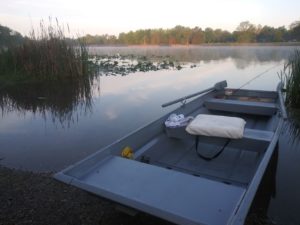
My Simple Boat
.
